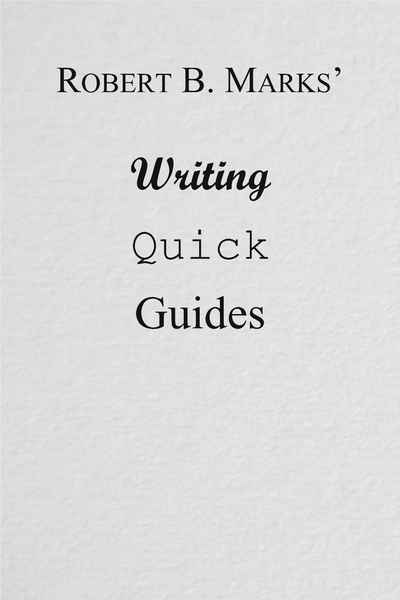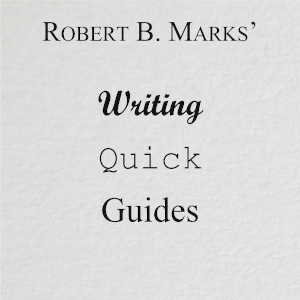Have you ever watched an fight in an action movie and been bored out of your skull? It seems an odd thing to happen - after all, there are gunshots, and close escapes, and explosions - and yet, there are action movies that can fill the screen with dynamic visuals and still be boring.
When this happens, I'll bet that 95% of the time it's because the movie has failed to maintain narrative tension.
So what is narrative tension? It's one of those cases where the term actually IS self-explanatory. It's tension created by and within the narrative. It's the key mechanism that keeps the reader turning the page - a desire to know what's going to happen next. The minute that desire ceases to exist, the reader will become bored.
But how do you maintain it? I would personally pin it down to three main factors, all of which must be present and established, particularly before any action sequence central to the main plot:
-
Character investment (the reader caring about these characters).
-
Stakes (what the characters want and are fighting for).
-
Potential consequences (what bad thing will happen if the characters fail).
Character investment is arguably the most important of the three. The reader MUST care about the characters they are reading about. They must come to care about what happens to these people, and whether they achieve their goals. They must share in their anguish when the character loses, and rejoice with them when they win. Achieving this is an entirely separate discussion (and there is a quick guide on it in the forums and at https://tapas.io/episode/2600017), but what is key is that without this being present, the reader will have no reason to read any further no matter what is happening on the page.
Stakes come down to what the characters want, and what is standing in their way. What they want doesn't need to be big (saving the world is nice, but proving to a mentor that you're worthy is just as good, as is finding that perfect engagement ring for the love of your life). What is important is that they are present, something that the reader can understand (saving the summer camp you loved when you were a kid is good - proving that dogs and cats can interbreed to create the messiah to all birds, not so much), and something that the character is working towards (or, put another way, that they care enough about it to fight and suffer to get it).
But this alone is not enough to create proper stakes. There must be an equal or greater force of antagonism acting against the character that must be overcome. If the goal is to save the world, the world must be threatened by something that is both capable of destroying it and the character trying to stop it. If the goal is to prove one's worth to a mentor figure, the test must be beyond the character's abilities when they start pursuing it. If the goal is to find the perfect engagement ring, there needs to be a credible obstacle preventing the character from just walking out to a jewelry store and buying it.
Finally, we come to the potential consequences - the bad thing that will happen if the character fails. The cliched action story consequence is death, but this is often the least interesting consequence to have. Failure meaning that a major war will start, or that the character will lose the love of their life is frequently far more compelling. What makes it compelling, I think, is mainly down to the meaning it has for the character (even if the character doesn't realize it until after the consequence takes place). If the character doesn't care about the consequences either before or after they happen, then the reader has no reason to either. Furthermore, the consequences themselves have to be credible, meaning that if the character fails, they will happen (so, if the character fails to raise money for that summer camp, then the next scene has to establish that the summer camp has been closed) - failure to follow through just once can destroy the reader's ability to take any future potential consequences seriously.
And that's really want it comes down to: a trifecta of getting the reader invested in your characters, having them fight for something that matters to them while facing a credible force of antagonism, and significant bad things that will happen if the characters fail. Establish these three things, and the narrative tension will persist until the conflict has been resolved.











Comments (0)
See all